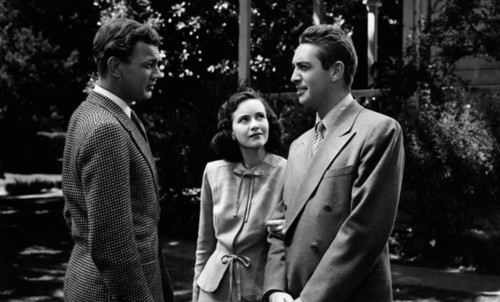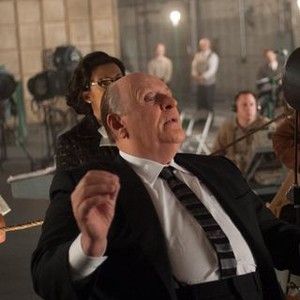
Lest we miss the stark contrast between public appearance and private reality, and the sentimental preservation of the former, Hitchcock drums the irony loudly by ending his movie with Charlie sitting outside the church during Charles’s funeral hearing him lavishly eulogized by a congregation who has no idea who he really was. Young Charlie ( Teresa Wright) solves the crime, dispatches the villain, and restores the social order-a social order that enables her villainous Uncle Charles (Joseph Cotton) to strangle rich widows and steal their money and never be unmasked. The “detective” in “Shadow of a Doubt” is about as opposite as one could be from Sam Spade (or a femme fatale ): she’s a teenage girl-next-door just graduated from high school and still living at home. Instead of the noir city, with its black nights and chiaroscuro lighting, we get a sunlit Santa Rosa with its tree-lined streets and “typical” family, benign comic characters, eccentric neighbors, and even a jolly roly-poly policeman who knows everyone by name and wouldn’t recognize a criminal if he came up and bit him on the nose.


To write the script of “Shadow of a Doubt,” Hitchcock hired Thornton Wilder, recent Pulitzer Prize winner for “Our Town,” a play famous for its quintessentially American small-town setting. Hitchcock loved to take such conventions and audience expectations and spin them backwards, to pile irony upon delicious irony, sometimes hilariously, sometimes deeply layered by his singular compositional expertise as a kind of in-joke he enjoyed making for himself and his closest initiates. Its thoroughly American origin, atmosphere, and elements he certainly knew thoroughly, its derivation from paint-by-numbers pulp murder mysteries, its hard-boiled loner super-masculine detective and femme fatale and plot that will only end in tears (or a cynical laugh).

This was his donnee for the film, its generative spark, the “thought” he “loved.” Noir gave Hitchcock a set of conventions to play with- and against. His daughter, Patricia, said it was “because he loved the thought of bringing menace into a small town.” For Hitchcock, part of the game in making his first movie set in America was to make it absolutely American, with a sweet comic surface and a heart as dark as the noirest of the noir. On at least four different occasions, Alfred Hitchcock said that “Shadow of a Doubt” (1943) was his favorite film, but never why.


 0 kommentar(er)
0 kommentar(er)
